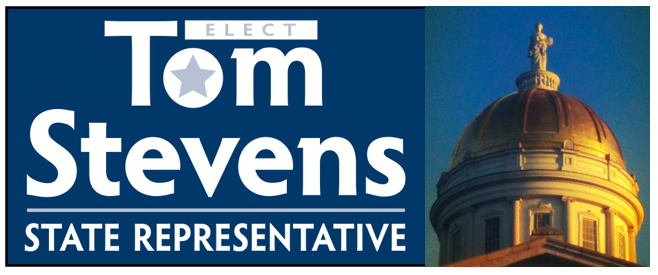Posts from the ‘Policy’ Category
Reporting to my constituents about what work we have done up until Town Meeting is always a bit curious, because very little of what we have done is tangible yet. There has been a lot of education for the new representatives, a lot of adjustment for me as I assume leadership in my committee, and lots of smoke and fire over issues like education, racial equity, freedom of choice, family and medical leave, minimum wage, tax and regulation of marijuana and so on. We have had introductions to many bills that have been requested by constituents, and check-ins from the many departments from whom we have requested reports. It’s been very busy, but without solid outcomes. We are approaching crossover, the date by which we have to pass bills out of our committee in order to be considered by the Senate (and vice versa), and we are still receiving bills that have been requested. It’s almost like a kaleidoscope right now — lots of interesting shapes and colors that change with a slight turn that are interesting in many different ways. We soon have to stop the turning and be satisfied with the last result, and then move on to the next.
This report focuses on some of the key legislation or events that have shaped our experience in the State House so far. Please feel free to contact me if you have questions, or have needs from the bureaucracy.
 It has been just over a month since the Legislature gavelled out of session. If you’ve been following the news, you would know that the Governor vetoed the budget bill (along with a large handful of other bills) and called us back into session. And so while it is the time of year we would provide you with a larger, more comprehensive review of the work we accomplished this year (and we did), an update of what has been happening during the special session is in order.
It has been just over a month since the Legislature gavelled out of session. If you’ve been following the news, you would know that the Governor vetoed the budget bill (along with a large handful of other bills) and called us back into session. And so while it is the time of year we would provide you with a larger, more comprehensive review of the work we accomplished this year (and we did), an update of what has been happening during the special session is in order.
First, despite it sounding like we are in Montpelier in a day-to-day battle with the Scott Administration over property tax rates, we are rarely there. The House has met just twice since the special session was convened and the Senate just one day. The tax and appropriations committees have met several more times than that.
During those days, we have met and passed a number of bills that did not get passed in May due to our counterparts in the minority party not suspending rules that traditionally get suspended at the end of a session that would allow these bills to get passed. The rules suspended relate to timing of bills “resting” between votes, and most, if not all of these bills, were in effect vetoed by them through a parliamentary procedure. The special session allowed us to make adjustments to the bills and pass them. Most, if not all, of them are on their way to the Governor for his signature and are not considered controversial.
In fact, the budget as passed should not be considered controversial either. It passed nearly unanimously by the House and Senate. It earned support from the lawmakers of all parties for its ability to meet the needs of Vermonters while holding the growth in state spending to 0.5 percent.
In reality, there is nothing in the budget that Phil Scott opposes. Read more
I was privileged to report S.40, a bill that proposes to raise the minimum wage to $15 by 2024, on the floor of the Vermont House of Representatives. This long-awaited report and vote was important, as it was the result of a deep dive by the Senate, a summer study committee, our state economists and our committee, General, Housing and Military Affairs. It was also controversial, for a number of reasons. What I found, not unanimously or universally, is that support for raising the wage was related to one’s experience with poverty, and with working for a poverty wage.
I realize that calling the minimum wage a poverty wage can be offensive to some, especially to those who pay that wage, or fight to keep the wage low. Poverty is a word, concept and reality that we don’t like to talk about, and when we do, we somehow find a way to blame the poor for their poverty, as if they are in complete control of their fate and future when they are trapped in a minimum wage job.
For some, working for this wage extinguishes hope. For some it is the first or second rung on a ladder toward self-sufficiency. But until then, people must rely on benefits like child care subsidies, food stamps, the earned income tax credit and Medicaid, none of which provide all the services a family in poverty may need.
I supported the increase because I know well the effects of poverty on the health of a family, and how it affects a person through their whole life. Our research considered as many facets of the impact of raising the wage across six years, and, by a majority along party lines, we felt the benefits of raising the wage, especially at this slow rate, were far healthier for Vermonters than not raising it. This included conversation with small business owners, representatives of large businesses, economists, and, yes, Vermonters who struggle to make ends meet because they can’t work enough hours at a poverty wage to do so.







You must be logged in to post a comment.